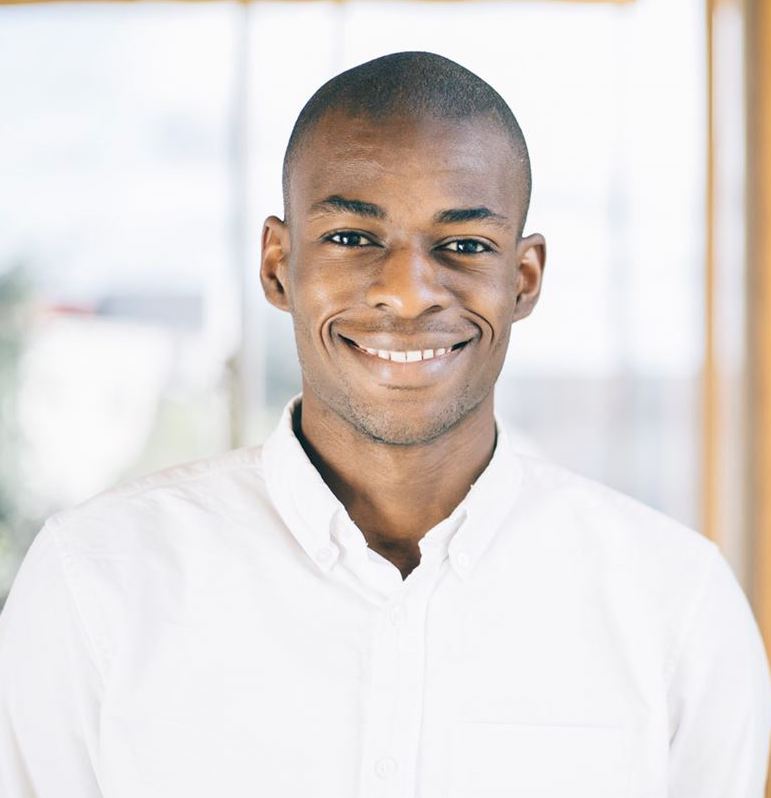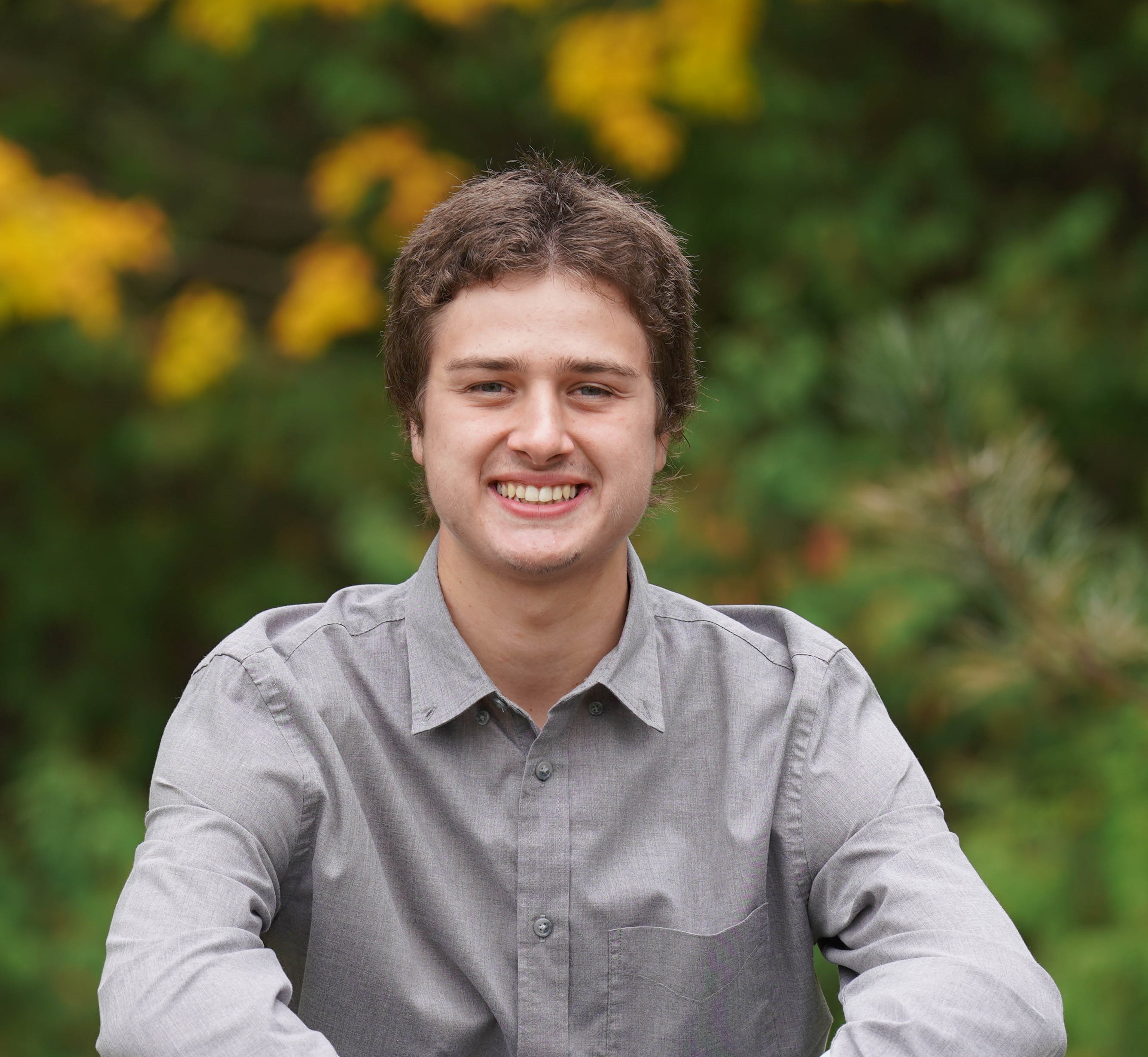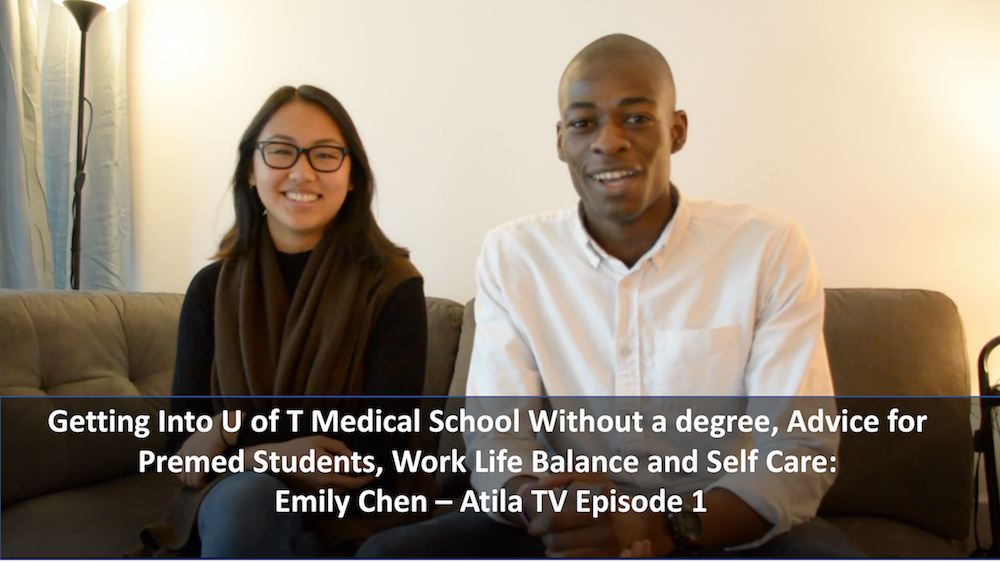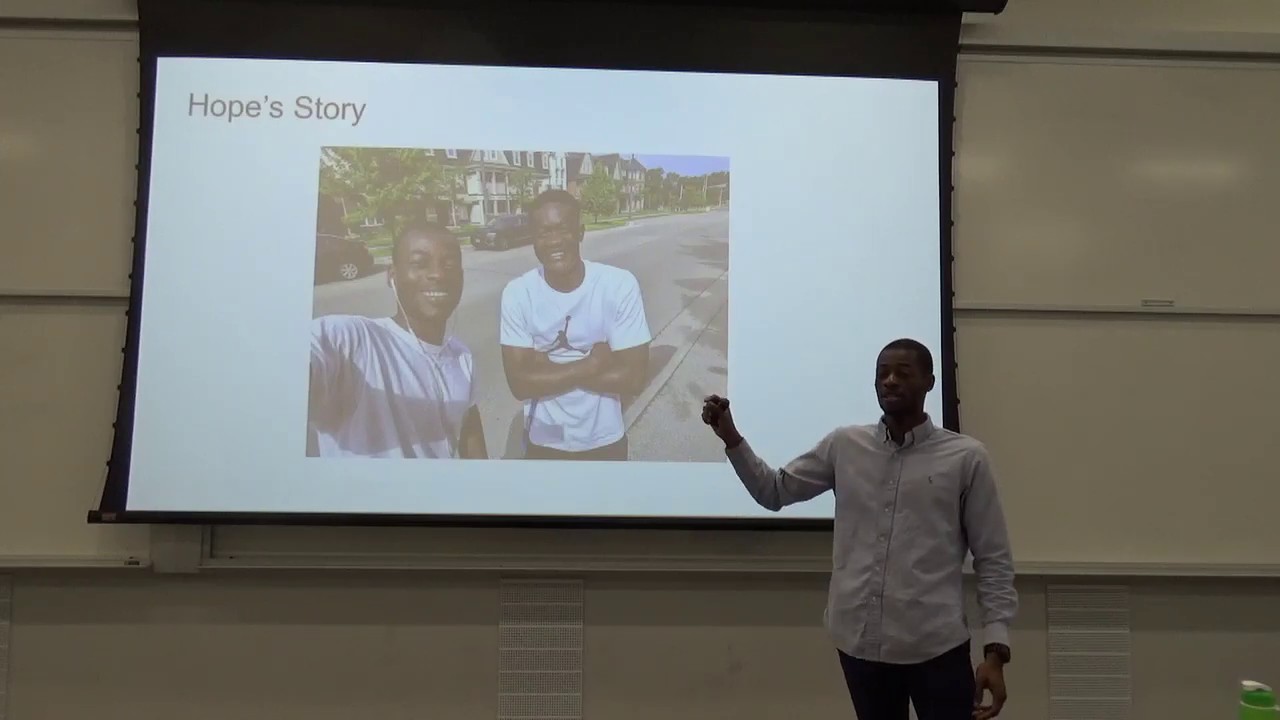U of T Medical School, “MCAT for Black Students”, Poetry and Women’s Rights – Chika Stacy Oriuwa Atila TV 011
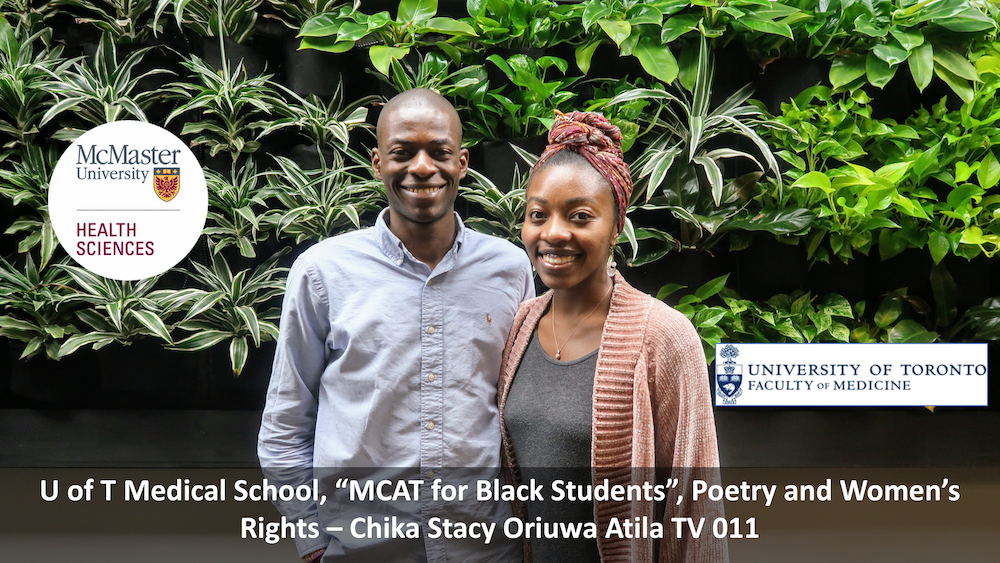
Chikais a medical school student at the University of Toronto Medical School. She graduated with a Bachelors of Health Science from McMaster University.
Chika is also a poet, writer and an advocate for gender and racial diversity in medicine. She helped grow a program called the BSAP, Black Students application process. Students still have to meet the same MCAT requirement for grades and they can also write an essay explaining why they chose the BSAP program. Chika was the only student to identify as black in her first year of medical school among a class of 259 at the University of Toronto in 2016. After the BSAP was introduced, there are now 15 black students in the current first-year class.
In this episode we talk about balancing her creative passion for poetry and writing with medicine, systemic bias and discrimination in the medical industry, working hard without burning out and much more.
Full interview and video: https://atila.ca/blog/tomiwa/u-of-t-medical-school-mcat-for-black-students-poetry-and-womens-rights-chika-stacy-oriuwa-atila-tv-011
Listen on Spotify: https://open.spotify.com/show/0m74ZmCPgjvp5WGOMg3P9C
Listen on iTunes: https://podcasts.apple.com/us/podcast/the-atila-podcast/id1440531021
Watch on Youtube: https://www.youtube.com/watch?v=rn_Hldc4qDg
Timestamp
“Is Affirmative action and programs like BSAP unfair?” [23:45]
What is something you can do to increase your chance of getting into medical school? [28:05]
Advice for getting into McMaster Health Science [10:20]
Being a strong advocate for Women’s reproductive rights and pro choice while growing up in a pro-life Catholic uprbinging? [37:25]
How do you find time to write poetry and pursue your creative endeavors while balancing your medical school? [43:28]
How did you change between highschool and university? [12:27]
How did you feel about being the only black student in medical school? [17:26]
Experiencing failure for the first time. [14:46]
What’s it like being both a female and black in medicine? [32:55]
Links
Full interview and video: https://atila.ca/blog
Watch on Youtube: https://www.youtube.com/watch?v=rn_Hldc4qDg
Listen On Spotify: https://open.spotify.com/show/0m74ZmCPgjvp5WGOMg3P9C
Listen on Itunes: https://podcasts.apple.com/us/podcast/the-atila-podcast/id1440531021
U of T Medical School Black Student Application Program (BSAP): http://applymd.utoronto.ca/black-student-application-program
Articles by Chika:
https://www.flare.com/how-i-made-it/chika-stacy-oriuwa/
https://www.flare.com/identity/black-physicians-in-canada/
Atila Tech’s instagram: https://www.instagram.com/atilatech/
Chika’s instagram: https://www.instagram.com/chikastacy/
Chika’s twitter: https://twitter.com/chikastacypoet
Tomiwa’s Instagram: https://www.instagram.com/tomiwa1a
Tomiwa’s twitter: https://twitter.com/tomiwa1a
Jacob’s Instagram: https://www.instagram.com/munenejr
Development as a person from highschool to undergraduate.
Tomiwa Ademidun: You mentioned you were perfect in high-school, you never experienced failure and you experienced your first failure when you came to apply to medical school, so what was your undergrad experience like? I am curious to know, did you grow or change in a negative way between highschool and university? [12:27]
Chika: Ya, I would hope that everyone made some kind of development it is such a crucial age. For a lot of people it is their first time where you are away from home, or even if you still live at home, there is a certain amount of independence you get within the home.
Tomiwa Ademidun: Specifically how do you think you changed?
Chika: I came to an understanding of my own convictions and my own values and that is when a sense of my own advocacy started to ramp up. There certain things I noticed I wanted to start to advocate for, like women’s reproductive rights was something that I knew, in high-school having a catholic upbringing and going to a catholic elementary school, there were certain narratives and values.
That were embedded within the curriculum and within the culture of my highschool and when I finally got out of that I started attending education that wasn’t religiously bound. I’d kind of developed a free sense of thought and being able to think and form my own opinions, so that for me was real crucial in university.
Explaining what BSAT is
Tomiwa Ademidun: The other question I was going to ask, so you were talking about uoft medical school. One of the things I really respect about is, especially since I have experienced the same thing to or most of my life, Ii was maybe the token black guy, so class of 500 maybe 1 or 2 black people. One thing I really respect about you is the fact that you had this problem and you tried to solve it through the BSAT, so could you tell us more about the BSAP and why you started that program? [20:59]
Chika: Sure I did not start the BSAP program, it was well in the works before I got into medical school. That is kind of a misconception that people know that I am an ambassador for it and that the year it came out was also the year that I did a lot of publicity for the program so people make that connection and think that I started it but in fact like, I have to give the ownership to black faculty at uoft who made it all possible.
These faculty members, for years were trying to bring about this program because they realized that there was a chronically low number of black medical students. I just had the extreme honor and privilege of being able to, I kind of call it like a harmonious alignment. Because the year I was the only black medical student, was the year they were bringing out BSAP, so it was perfect to pair my narrative with their cause because it was a shining example of why we needed the cause so I had the exceptional privilege to speak to the program, about the program and being able to educate people in the media, in person, at talks and stuff like that
And just trying to dispel a lot of the myths about the BSAP program. So what it is, is the Black student application program and essentially to boil it down. It is a seperate application stream for black students. Where we are just trying to attract more black applicants. It is not a quota based system, we are not lowering the standards. They need to get the exact same criteria as the mainstream students, same GPA, MCAT scores, same extracurriculars.
Everything needs to be the exact same. It is just that we integrate individuals from the black community into the file reviewing process as well as the interviewing process, so that you can alleviate that implicit bias that is there inherently and that black individuals can feel safe and comfortable throughout the entire trajectory of medical school from the day they submit their application, to their interview, to when they are accepted and have that continued arc of support for black students, so it is sort of like a magnet stream.
Advice for getting into medical school
Tomiwa Ademidun: Knowing what you know now, Lets says for a young Chika who thinks they want to go to medical school. What is something you can do to increase your chance of getting into medical school? [28:05]
Chika: Find a mentor, that is the single best piece of advice I can give to someone and it is so hard in the black community because there are so few black physicians, it is hard to get access to a black mentor. You do not have to have a black mentor, but what I am saying is that you gain mentorships through a certain connection, whether it is family or whether it is close family friends.
If you are black 9 times out of 10 your family is going to be black as well. In my case neither of my parents knew a researcher that I could do research with but a lot of the people I went to school with, they had a certain connection whether its family or family friends who knew someone who could take them under their wing.
Finding time for poetry and creative endeavors while being a medical student
Tomiwa Ademidun: One thing I find interesting is people who are really analytical want to tap into their creative side. How do you find time to write poetry and pursue your creative endeavors while balancing your medical school? [43:28]
Chika: Oh gosh, Honestly, it has been so hard. To be entirely honest with you, it’s been so challenging. I find that it is the only thing that balances me and gives me energy to continue to do medicine. Because medicine could be very all consuming and it could be something that drains you naturally and I needed something that fills me back up. Poetry fills me, writing fills me, advocating and public speaking these things fill me. So for me it is a method of self-preservation. I sometimes write in the middle of the night when I should be sleeping, I write in the early morning, I write late at night, I write at odd hours, when I just finished a 26 hour shift. I’ll go home and feel the most inspired to write.
Related
Chika Stacy Oriuwa is a medical resident at the University of Toronto Medical School. She graduated with a Bachelor of Health Science from McMaster University and was the only black student out of 259 in the University of Toronto Medicine i...
Emily Chen shares how she got into U of T medical school without a degree, advice for students studying pre med programs and the importance of work life balance and self care.
This is a presentation I delivered to High school students across Ontario about their life after high school. I talk about: what are your options, how to learn what path is best for you and how can you achieve your goals.

